Mercanta’s traceability platforms and customer’s engagement
Written by Aída Palomo, sponsored by ECOM Trading
This week we talked with Ben Palmer, Head of Sales for the UK & Europe at Mercanta, about his company’s efforts to digitize their supply chain and enable the transition to evidence-based storytelling.
Mercanta is a renowned actor in the Specialty Coffee industry due to their relationship-based sourcing model, which aims to build long-lasting partnerships with their producers and create an economically sustainable environment along its supply chain. “Our model is based on negotiating prices directly with our producers largely based on quality. Disregarding current logistical challenges, it’s a fairly straightforward supply chain whereby we import coffee in containers to various warehouses around the globe, distributing on pallets to boutique specialty coffee roaster,” clarifies Ben.
Picture credits Mercanta - Costa Rica
Traceability before digitalization
Before searching for a digital tool to enhance their traceability and transparency efforts, Mercanta collated information via email largely relying on “trustworthy relationships with all of their suppliers at origin.”
In recent years, the discourse surrounding the verification of supply chains has gained traction, particularly within the specialty sector of the coffee industry. In general, there is a rising demand for in-depth knowledge and traceability accessed through digital tools. So, Mercanta started looking into different forms of technologies to fast-track the digitization of their supply chain and “portray the journey of a bag of coffee in a compelling way." They wanted a simple yet complete way to collate, consolidate, and depict the story of their product.
Oritain and Rfider, their two traceability platforms
Mercanta’s traceability and transparency program is twofold.
On the one hand, their partnership with Oritain, who can independently and objectively verify the origin of coffee by testing the beans themselves in-market. The technology works in tandem with Mother Nature to identify the natural properties coffee beans absorb from the unique environment they are grown and harvested in. Using a combination of forensic science and statistics, Oritain turns this raw data into an Origin Fingerprint for each authentic coffee origin. “By working together, with Oritain, we hope to bring assurances of origin to coffee and, therefore, assurances of quality, flavour, and sustainability to the products you’re buying.”
On the other hand, Rfider, a software provider Mercanta has partnered with, whose priority is to facilitate the transition to evidence-based storytelling through a digital experience. Onboarding Rfider’s technology “enables greater or improved traceability throughout the coffee value chain, bringing the product’s history to light via a simple and accessible platform", says Ben.
Mercanta’s traceability and transparency efforts are enhanced by using QR codes to share information efficiently. “We aim to attach codes to every single bag of coffee we import. These codes can be scanned by actors involved in all major stages of the supply chain, with images of each process attached, capturing and encrypting a live data feed of the products journey”, describes Ben.
Consumers can engage with the product in less than a minute by “getting access to granular information, which will hopefully build brand loyalty to the product they are paying premium prices for. And if that loyalty and demand is driven by consumers, it trickles down to the roaster and then to us. Such loyalty enables importers like us to buy more of a specific coffee, resulting in further business with our suppliers”. Repeat business is at the very heart of a sustainable purchasing model; it is the ability to commit and provide financial security to a supplier year after year.
Picture credits Mercanta - Costa Rica
Who benefits from traceability?
Both the end consumer and the producer benefit from Mercanta’s traceability. Consumers by getting a verified product, and suppliers by being able to communicate the story behind their coffee. Traceability goes beyond verifying the products’ origin or quality, the most important being producer recognition. “If consumers on the high-street begin to identify with the farm brands we work with, the types of varieties they produce, the varying quality, it adds huge amounts of value to the product itself and the group or individual who has produced it”.
The eventual outcome of this project is still unknown, but the goal today is to raise awareness and collate data from those who are involved and from those who are interacting with the technology. “Let’s see what kind of value it brings. We are in the fortunate position of being at the center of the value chain (being connected to both suppliers and roasters), and it’s partly up to us to drive discussions towards greater traceability and transparency. If these forms of technology bring true value across the board, if we can prove the concept, companies, institutions, and individuals will start using and paying for it”, says Ben.



